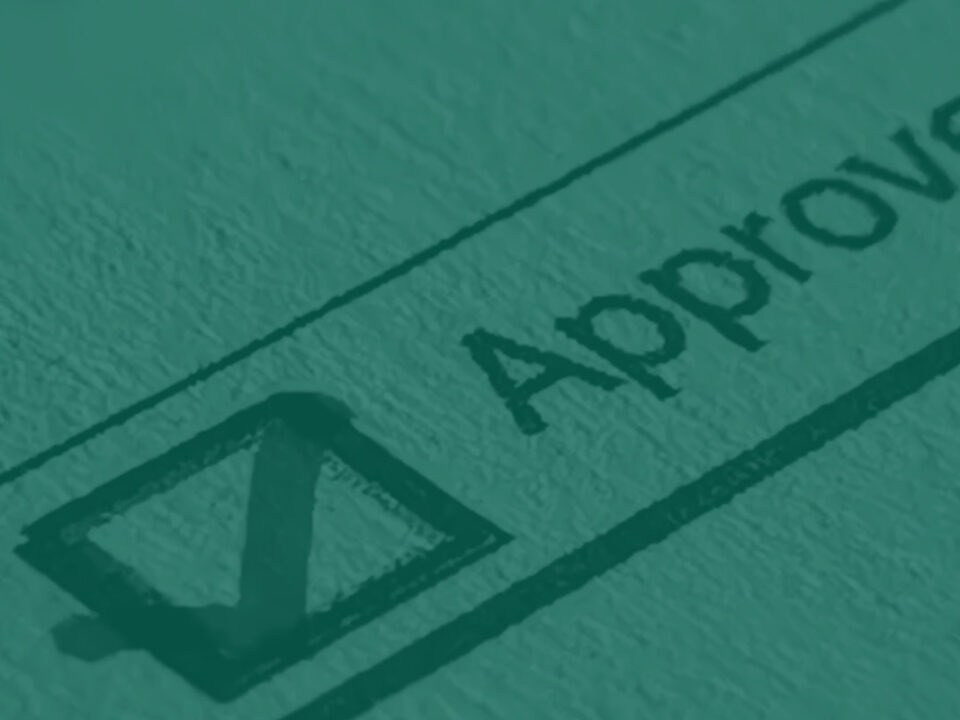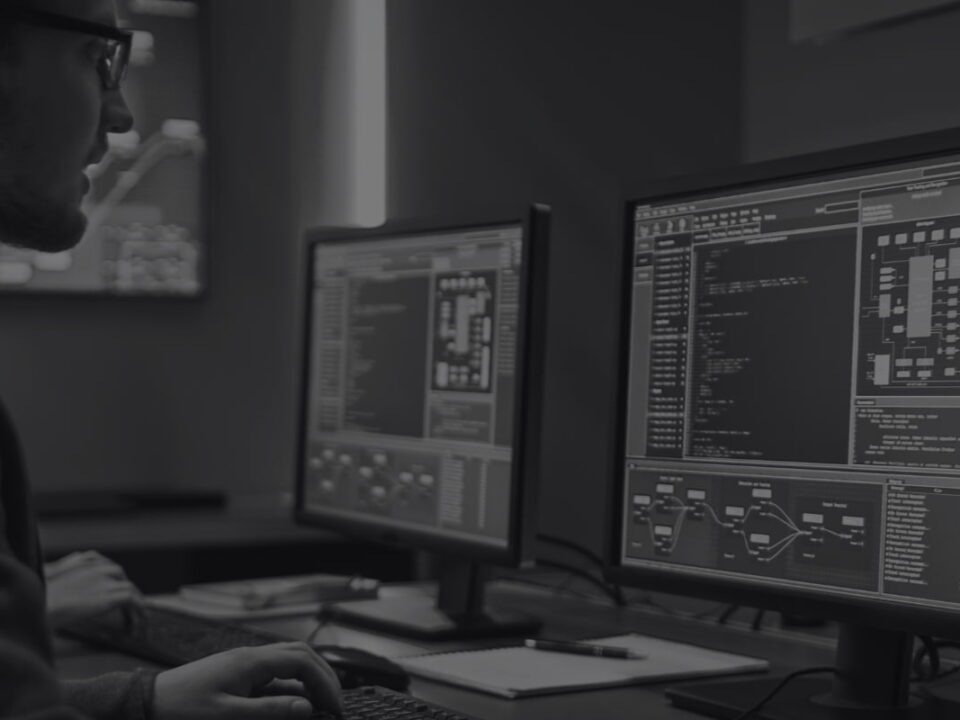WHAT IS RAMADAN?
Ramadan is considered the most sacred month of the year in Islamic culture and is celebrated all over the world by followers of the Muslim religion. Muslims abstain from eating, drinking and other normal pleasures from dawn to sunset. During Ramadan, followers use the time to focus on prayer and study of the Quran (the holy book of Islam), as well increased efforts with charity and overall generosity within the community.
HOW DOES RAMADAN AFFECT BUSINESSES?
As you would expect with long periods of fasting, energy levels can be low. UAE working hours are reduced by two (2) hours per day throughout the month as per UAE Labour Law.
Reduced working hours applies to those whom fast and those who do not, those working in free zones and within the mainland jurisdictions. However, companies which are governed under Dubai International Financial Centre (DIFC) are not legally bound to offer reduced working hours to non-fasting employees.
HOW TO MANAGE EMPLOYEES DURING RAMADAN?
DEDICATED AREAS WITHIN THE WORKPLACE
As a sign of respect to those fasting, eating and drinking is not permitted in public places during daylight, and specifically in open offices. Even a small amount of food can be considered disrespectful to those who fast, so this should also be always kept in mind. It is advised to allocate a refreshment room or private office space for those non fasting staff to consume their breakfast, lunch, and snacks throughout the day.
CALL TO PRAYER
Employers should be mindful that practicing Muslims may choose to follow prayer times throughout the working day. Practicing employees may discretely go to pray throughout the day. Muslims pray five times a day, with their prayers being known as Fajr (dawn), Dhuhr (after midday), Asr (afternoon), Maghrib (sunset), Isha (night-time). Therefore, scheduling appointments, calls, Zoom meetings etc is not recommended during these times. Most Muslims now use a mobile application on their smart phones which signals when it is time to pray. A good to know tip when planning tasks within your team at work is to refer to a prayer application.
DRESS MODESTLY
As a rule of thumb in the UAE, moderate clothing is always recommended within the workplace. Employees should take increased efforts not to wear anything which could be considered too revealing, such as bare shoulders and bare legs for ladies. It is recommended that trousers should be worn instead of skirts and dresses, and long sleeves opted over short sleeves. Since temperatures are rising, shorts, strappy tops and flipflops etc. should not be worn when visiting Government departments as authorities could reject your entrance to the building.
OFFICE ETIQUETTE
It is recommended to have a meeting with your entire team to ensure all your employees are briefed on office etiquette during Ramadan. For example, something as simple as having the radio on loud may cause offense towards another employee. It is encouraged to involve the team to ensure that everyone sets the office etiquette rules, understands and follows the processes within the workplace during Ramadan.
ARE GOVERNMENT DEPARTMENTS OPERATING DURING RAMADAN?
Yes, UAE Government departments will remain operative during Ramadan. However, Government departments tend to have reduced working hours and operate in shifts throughout the holy month. During this time, we advise clients there may be slight delays in timeframes and turnaround responses due to the temporary change to Government working hours. Careful planning is required in advance to meet timeframes regarding Government approvals, appointments, company setup and visa processing. Should a member of our team request any documentation during the coming weeks, we recommend acting quickly to complete tasks as soon as possible.
Any workload that requires visits to Government departments should always be conducted as early as possible in the morning. When scheduling Government visits, we tend to notify clients to block out a longer period in their calendars to cover any delays.
SHOULD I SCHEDULE MEETINGS DURING RAMADAN?
When booking meetings with clients who are fasting, it is also recommended to conduct these earlier in the day. Scheduling late afternoon meetings close to Iftar “breaking of the fast” is not ideal. As after sunset and prayer the focus usually turns to gatherings with friends and family and feasting on extravagant and plenty some meals. The first meal of the day is called Iftar followed by a late-night 2nd meal called Suhoor. These gatherings usually take place at home, in restaurants or in Iftar tents catered to larger numbers.
Unfortunately, this year due to Covid-19 restrictions Iftar tents are banned and the UAE Government has strongly advised against gatherings of ten (10) or more people for families. If you choose to entertain a fasting client or colleague, our advice is to make sure you book in smaller numbers and ensure the timing is after dusk.
DONATING & SOCIAL MEASURES
Donating food or gifting to others is normally encouraged throughout the holy month. Instead, this year try to find cafes, restaurants or stores which offer a delivery service to send gifts. This will act as a guarantee that sanitation rules and procedures have been closely followed, keeping everyone safe and healthy. Even a small gift of traditional dates or sweets will have an effect on the receiver.
THE TAKEAWAY
Ramadan is an exciting time of the year. Below are the main points to recap in the workplace.
THE DO’S:
- Be mindful of timings and aim to arrange meetings earlier rather than later in the day.
- Plan workload, tasks and employees’ schedules in advance.
- Discretely eat, drink and smoke in dedicated areas of your work premises only.
- Ensure to cover up and dress appropriately within the workplace.
- Be considerate, look out and help colleagues that are fasting.
- Send gifts to colleagues, clients, and partners via Covid-19 compliant third parties.
THE DON’TS:
- Eat, chew gum, drink, smoke, or discuss eating, drinking before fasting colleagues.
- Schedule meetings late in the afternoon or so close to Iftar.
- Play loud music, speaking loudly or use of bad language as this can cause offense.
- Wear clothing that may be considered inappropriate.
- Kiss or hug your partner or friends of the opposite sex in public. Demonstrative acts of affection with members of the opposite sex will cause offence during Ramadan.
An important note is once Ramadan has ended the Eid public holiday will commence. Private and public sector businesses will be closed for the Eid holiday period. Therefore, if you are planning to visit the UAE during the holy month and Eid for business, you will need to check with our team and plan accordingly. Once the Eid holidays are over and the private and public sector returns to work, there may be a backlog and processing times may take a little longer due to playing catch up. On behalf of the team at Creation Business Consultants, we wish you a blessed month ahead.
Author: Scott Cairns, Managing Director, Creation Business Consultants






